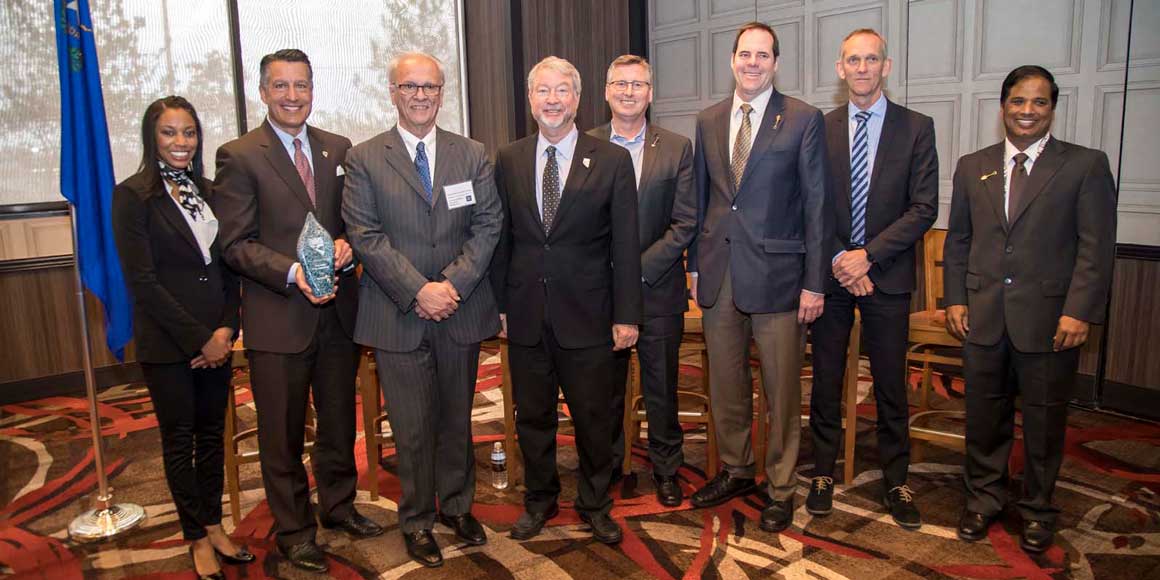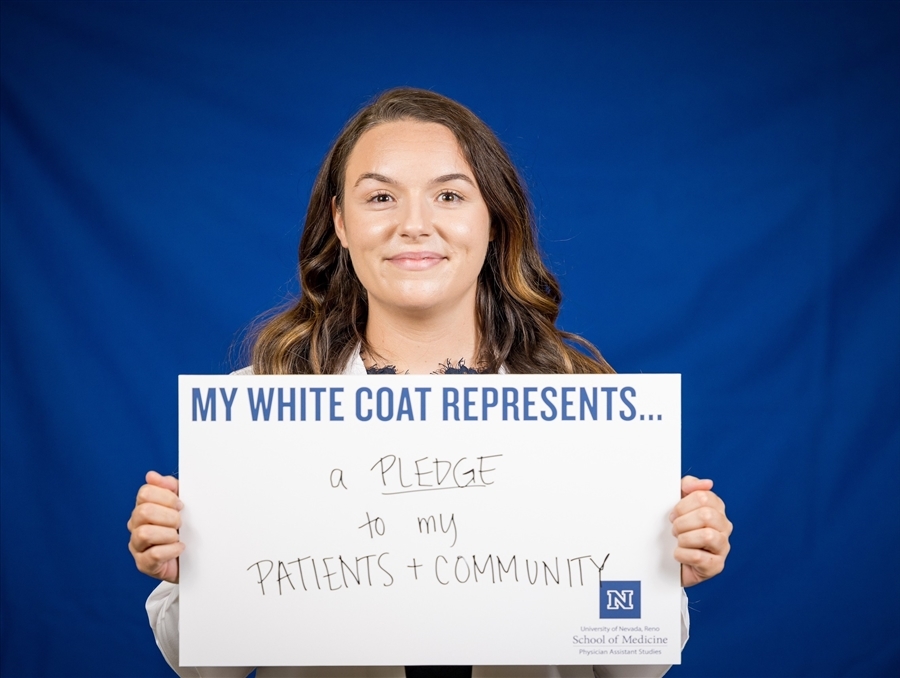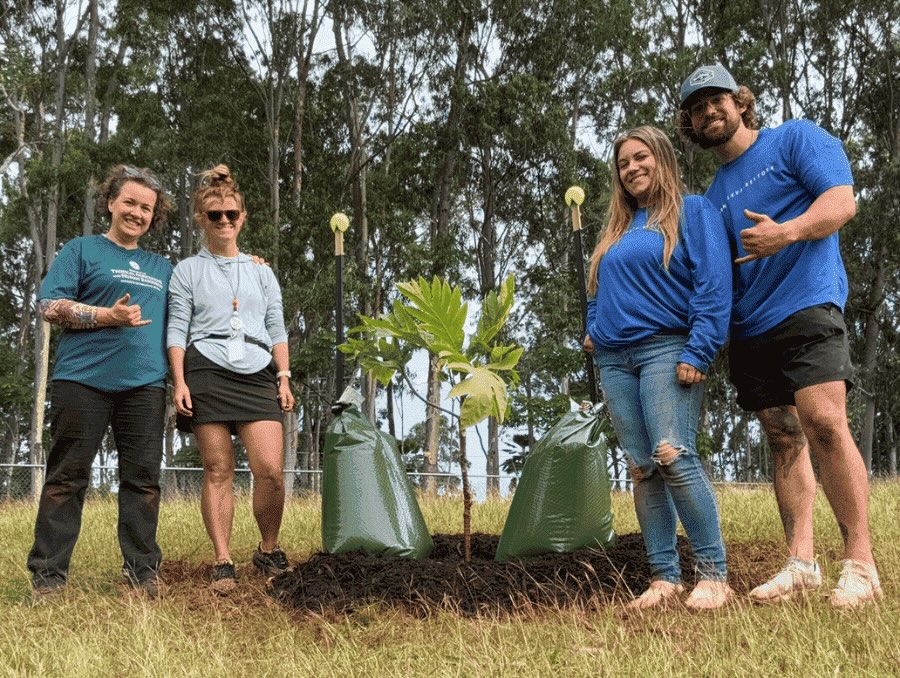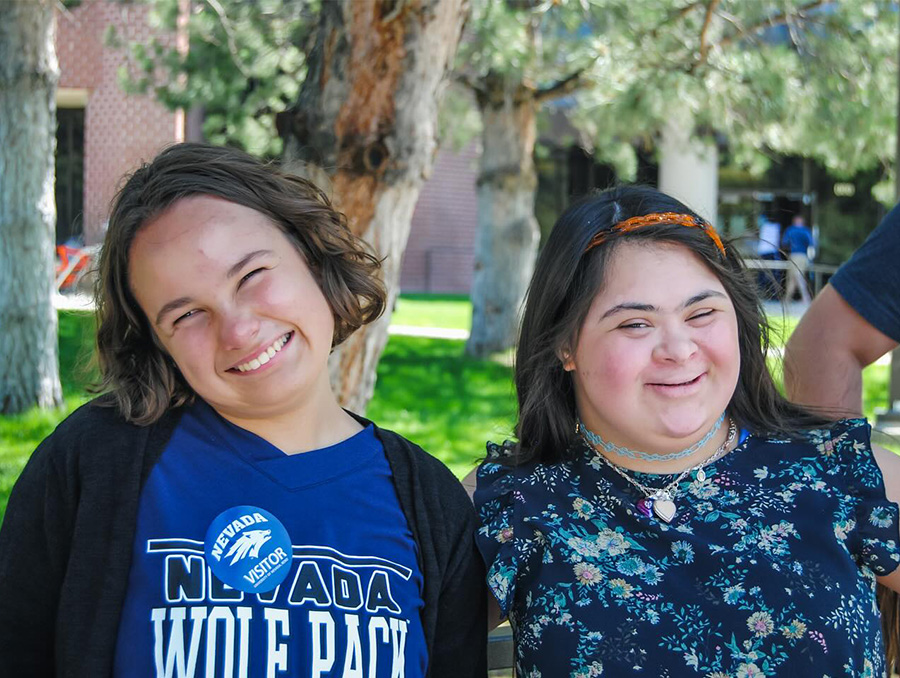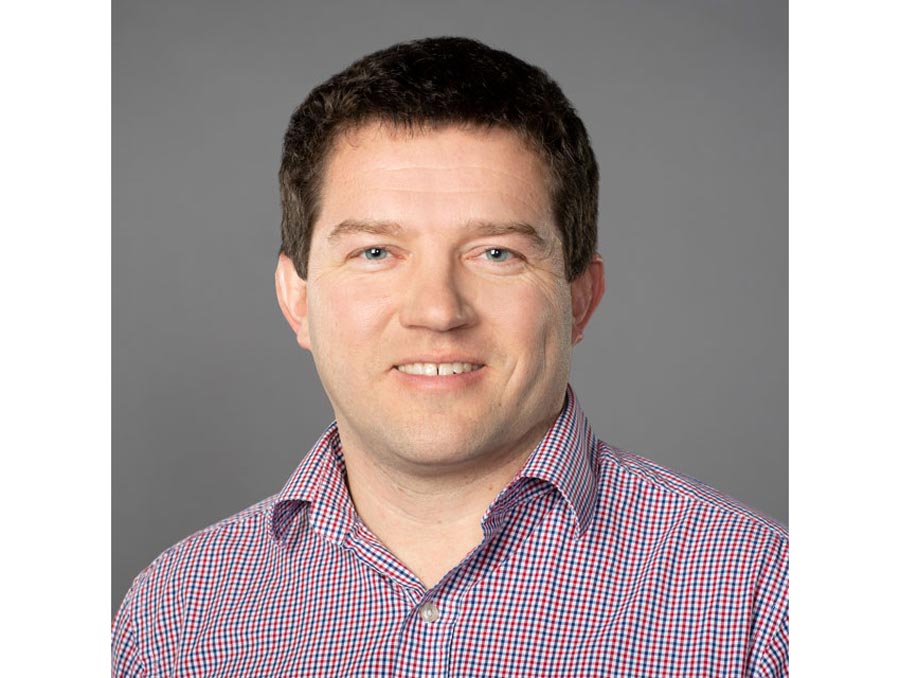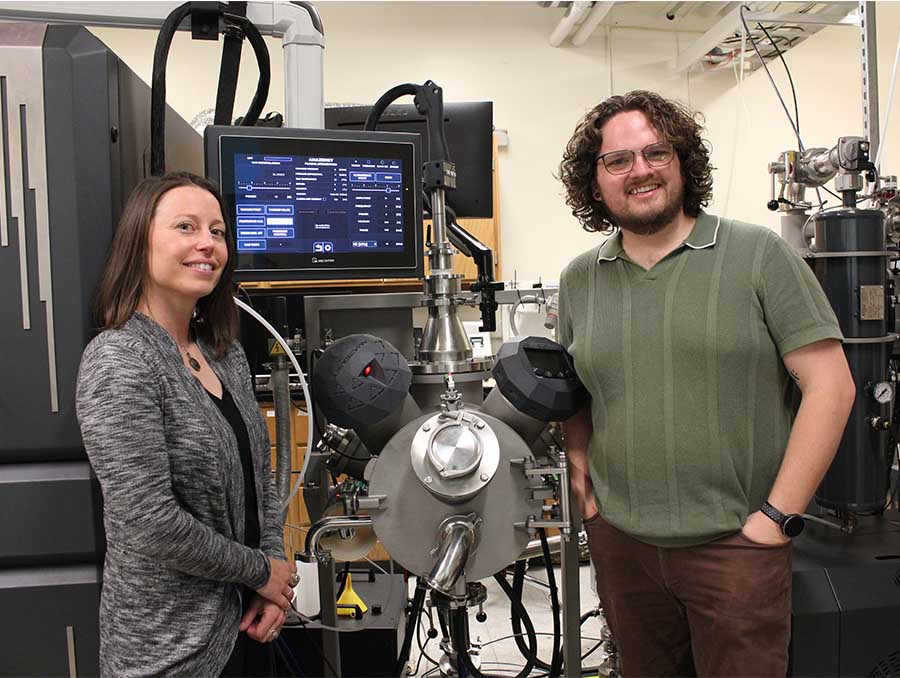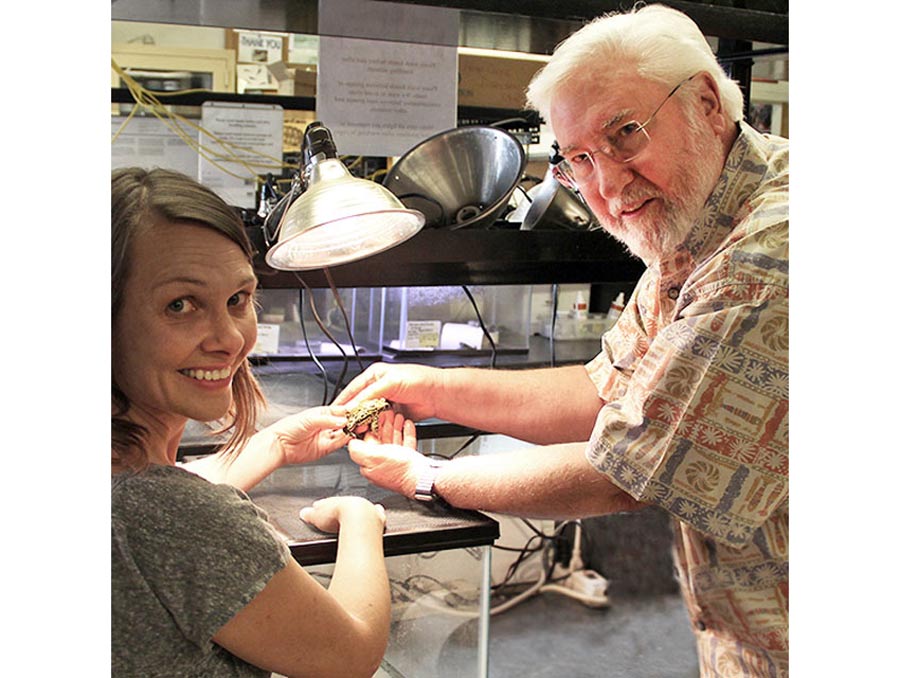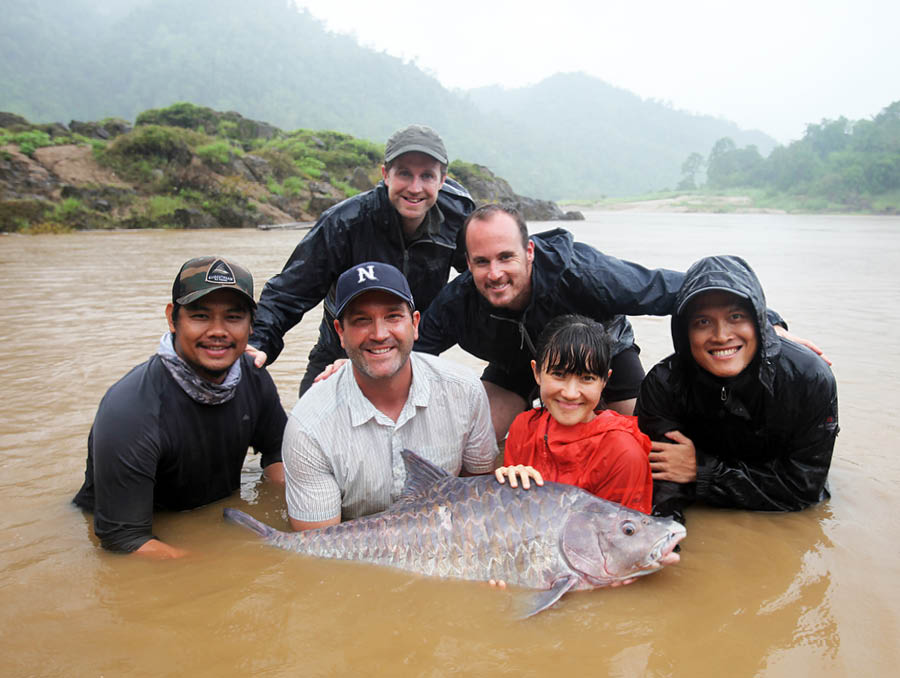Nevada Water Innovation Campus has accomplished a lot in its first year.
"NWIC fits the idea of educational research and engagement for its students and faculty to learn," Krishna Pagilla, NWIC Director, said.
By gaining real-world experience students are able to understand that what they do for the project is mutually beneficial because it helps the community. Pagilla, also a professor of environmental engineering at the University, is a key connection as he emphasizes involving local agencies from outside the College of Engineering while developing innovation strategies.
Pagilla's colleague, Rick Warner, is a University alum, senior engineer for Washoe County, past President of Water Environment Federation, and the 2018 recipient of the James G. Scrugham Medal.
The mission of NWIC is to create methods that preserve water in the most efficient way for future generations. The official program states that its innovation will help Washoe County practice sustainable water management, which helps economic growth and enriches the region's drinking water.
Advanced water purification is already in effect in Arizona, California, Texas and Virginia. For the past 40 years, the treatments have replenished underground aquifers and surface reservoirs all while showing no adverse health effects from using recycled water. Many regions across the United States need to meet long-term demands for water, and advanced water purification helps ensure that water stays clean and sustainable.
New program enhances drinking water, environment
One program that NWIC has added to its portfolio is OneWater Nevada, which evaluates treatment technologies and determines if advanced purified water can offer long-term benefits to the region. The project has many positives, such as a safe, reliable water supply for customers, less reliance on fresh water from the Truckee River, and finding a way to sustain water without being energy intensive.
It also ensures that there is more water during periods of drought, changes in snowpack and longer seasons. One study that the program is doing will focus on feasibility of advanced purified water for groundwater enhancement and natural purification processes. The study will occur over the next two or three years and takes aspects like technology and public engagement into consideration.
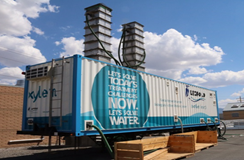
OneWater Nevada also has multiple demonstration trailers to inform the public about the treatment technology. The process involves filtration, removal of organic matter and chemicals, exposure to ultraviolet light, and polishing by granular activated carbon. After a field demonstration, the purified water will be put into local groundwater for an extended period of time, allowing the environment to naturally filter the water.
In Washoe County, project sites are actively working in places like Stead, Cold Springs and South Truckee Meadows. With these project sites, the NWIC website envisions "national and international recognition for solving real-world problems in the water sector, all while providing economic growth and water resiliency."
Warner's role in NWIC is crucial because he connects with water agencies, cities, counties and utilities. Serving on the civil engineering advisory board, Warner is a passionate and recognized international leader for water.
"Regional agencies always saw [the University of Nevada, Reno] as a way to innovate," Warner said. When Warner connected with Pagilla, the idea of having a visionary research hub involving water was born. "Krishna and I are well-traveled. We speak at a lot of [water] conferences," Warner said. He has also noticed that other counties are beginning to follow the precedent that NWIC began.
"The more people engaging, the better," Warner said. "Agencies and citizens can connect, stay informed, and if people try and reach out with these agencies about water and water delivery, then it really gets people talking about water and what they can do."
Students in NWIC also learn valuable workforce skills
Nevada's natural water environment relies on research from programs like NWIC. The program needs to educate our future workforce and community on water issues, and how to sustain water for use and reuse for generations to come. The Nevada Water Innovation Campus is now officially recognized by the College of Engineering, and it connects students that are interested in environmental engineering or student research opportunities for undergrads and graduate students.
Eric Marchand is a civil and environmental engineering professor also involved with NWIC. "Students are working in research labs and other facilities at the utilities," he said. Students also helped plan and partner with the Partnering For Impact Nevada Water Forum that NWIC hosted in April.
"The conference was a great experience for students because not only did they help with logistics, but also did meet and greet events, while working hand in hand with stakeholders in utilities. They had direct exposure and met potential contacts."
Students also who are tech savvy learn interpersonal skills, which Marchand says are skills students don't always learn in a classroom. Students are able to work out in the fields and gain exposure to research tools, and several are currently taking classes and also working for Washoe County.
"A lot of agencies like to solve problems with their own people and their own ideas," Warner said. "But with collaboration, we involve students and also educate our future workforce. They bring their energy and enthusiasm. All around, it's a win."
The partners of the Nevada Water Innovation Campus include the cities of Reno and Sparks, Washoe County, Western Regional Water Commission, Truckee Meadows Water Authority and the Nevada Department of Transportation, along with the University's College of Engineering.
